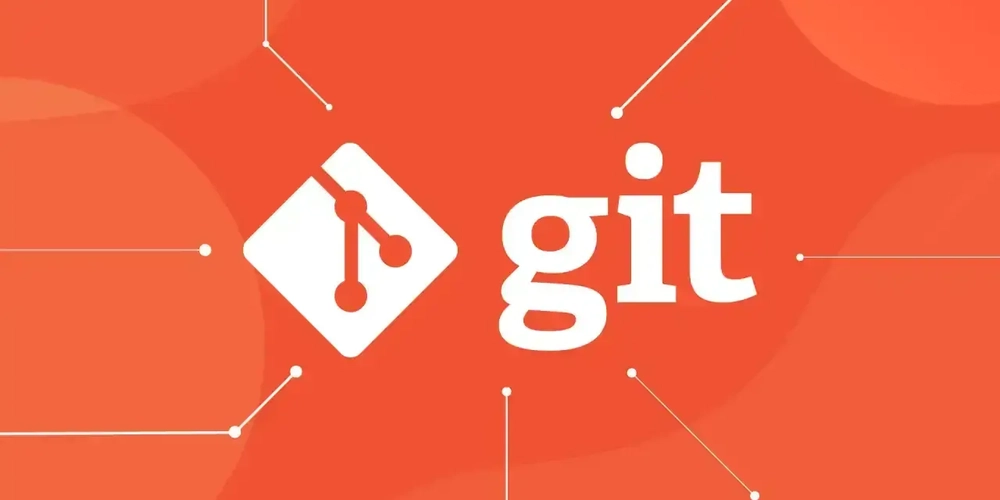What Is Time Tracking Software? A Definitive Guide
In today's fast-paced business environment, effective time management has become crucial for organizations seeking to maximize productivity, optimize resources, and maintain competitive advantages. Time tracking software has emerged as an indispensable tool that helps businesses monitor, analyze, and improve how time is allocated across various tasks and projects. This comprehensive guide explores everything you need to know about time tracking software, from its fundamental concepts to advanced implementation strategies. Understanding Time Tracking Software: Core Definition and Purpose Time tracking software is a digital solution designed to monitor, record, and analyze how individuals or teams spend their working hours. These applications automatically or manually capture time spent on specific tasks, projects, or clients, providing detailed insights into productivity patterns and resource allocation. Modern time tracking tools go beyond simple time logging, offering comprehensive workforce management features that integrate seamlessly with existing business processes. The primary purpose of employee time tracking software extends beyond mere attendance monitoring. These solutions serve multiple organizational objectives, including accurate project billing, productivity analysis, compliance with labor regulations, and strategic resource planning. By providing real-time visibility into work patterns, time tracking software enables data-driven decision-making that can significantly impact business performance and profitability. Essential Features of Modern Time Tracking Software Contemporary time tracking solutions offer a comprehensive suite of features designed to meet diverse business requirements. Automatic time tracking represents one of the most valuable capabilities, eliminating the need for manual time entry while ensuring accurate data collection. This feature typically uses desktop monitoring, application usage tracking, and intelligent algorithms to categorize activities automatically. Project time tracking functionality allows organizations to monitor time allocation across multiple projects simultaneously. This feature enables precise project cost calculations, resource utilization analysis, and deadline management. Advanced project tracking capabilities include task-level time monitoring, milestone tracking, and integration with project management platforms. Mobile time tracking has become increasingly important as remote work and field operations expand. Modern solutions offer dedicated mobile applications that allow employees to track time from anywhere, supporting GPS location tracking, offline functionality, and seamless synchronization across devices. Real-time reporting and analytics capabilities transform raw time data into actionable business insights. These features typically include customizable dashboards, detailed time reports, productivity analytics, and comparative performance metrics. Advanced reporting tools can identify trends, bottlenecks, and optimization opportunities that might otherwise remain hidden. Types of Time Tracking Software Solutions Desktop Time Tracking Software Traditional solutions installed directly on individual computers Robust monitoring capabilities with detailed application usage tracking Comprehensive website monitoring and desktop activity analysis Provides the most detailed insights into employee computer usage patterns Ideal for organizations requiring extensive desktop monitoring Cloud-based Time Tracking Software Software-as-a-service (SaaS) solutions with growing popularity Offers flexibility and accessibility from any location Features real-time synchronization across all devices Provides multi-device access and automatic updates Excels in supporting distributed teams and remote work arrangements Delivers centralized data management capabilities Mobile Time Tracking Apps Specifically designed for field workers, consultants, and mobile professionals Includes GPS tracking for location-based time monitoring Features expense management and offline capabilities Particularly valuable for service-based businesses Perfect for employees working at client locations or traveling frequently Enables time tracking without internet connectivity Integrated Time Management Solutions Combines time tracking with broader business management features Includes comprehensive project management capabilities Features automated invoicing and payroll processing Incorporates client relationship management (CRM) functionality Provides end-to-end business process support Eliminates need for multiple separate software solutions Key Benefits of Implementing Time Tracking Software Enhanced productivity monitoring represents one of the most significant advantages of time tracking software implementation. Organizations can identify productivity patterns, eliminate time-wasting activities, and optimize workflo
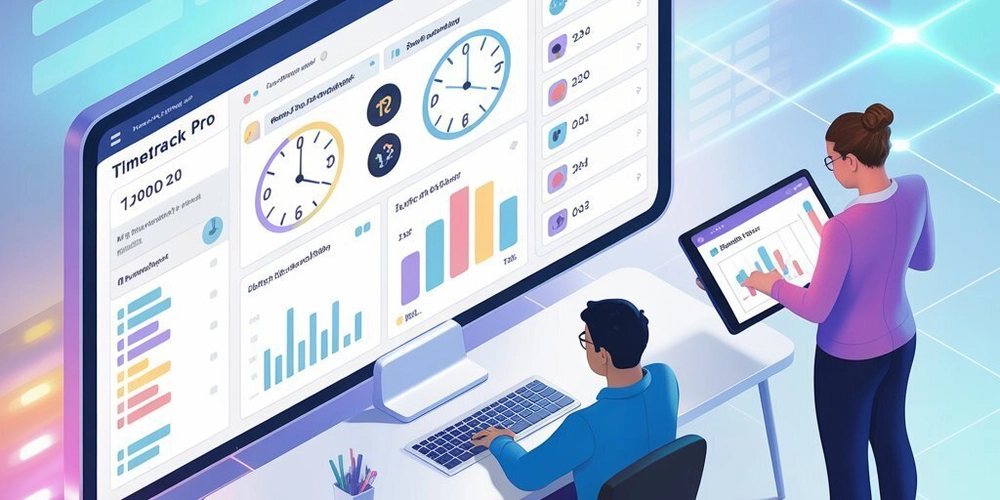
In today's fast-paced business environment, effective time management has become crucial for organizations seeking to maximize productivity, optimize resources, and maintain competitive advantages. Time tracking software has emerged as an indispensable tool that helps businesses monitor, analyze, and improve how time is allocated across various tasks and projects. This comprehensive guide explores everything you need to know about time tracking software, from its fundamental concepts to advanced implementation strategies.
Understanding Time Tracking Software: Core Definition and Purpose
Time tracking software is a digital solution designed to monitor, record, and analyze how individuals or teams spend their working hours. These applications automatically or manually capture time spent on specific tasks, projects, or clients, providing detailed insights into productivity patterns and resource allocation. Modern time tracking tools go beyond simple time logging, offering comprehensive workforce management features that integrate seamlessly with existing business processes.
The primary purpose of employee time tracking software extends beyond mere attendance monitoring. These solutions serve multiple organizational objectives, including accurate project billing, productivity analysis, compliance with labor regulations, and strategic resource planning. By providing real-time visibility into work patterns, time tracking software enables data-driven decision-making that can significantly impact business performance and profitability.
Essential Features of Modern Time Tracking Software
Contemporary time tracking solutions offer a comprehensive suite of features designed to meet diverse business requirements. Automatic time tracking represents one of the most valuable capabilities, eliminating the need for manual time entry while ensuring accurate data collection. This feature typically uses desktop monitoring, application usage tracking, and intelligent algorithms to categorize activities automatically.
Project time tracking functionality allows organizations to monitor time allocation across multiple projects simultaneously. This feature enables precise project cost calculations, resource utilization analysis, and deadline management. Advanced project tracking capabilities include task-level time monitoring, milestone tracking, and integration with project management platforms.
Mobile time tracking has become increasingly important as remote work and field operations expand. Modern solutions offer dedicated mobile applications that allow employees to track time from anywhere, supporting GPS location tracking, offline functionality, and seamless synchronization across devices.
Real-time reporting and analytics capabilities transform raw time data into actionable business insights. These features typically include customizable dashboards, detailed time reports, productivity analytics, and comparative performance metrics. Advanced reporting tools can identify trends, bottlenecks, and optimization opportunities that might otherwise remain hidden.
Types of Time Tracking Software Solutions
Desktop Time Tracking Software
- Traditional solutions installed directly on individual computers
- Robust monitoring capabilities with detailed application usage tracking
- Comprehensive website monitoring and desktop activity analysis
- Provides the most detailed insights into employee computer usage patterns
- Ideal for organizations requiring extensive desktop monitoring
Cloud-based Time Tracking Software
- Software-as-a-service (SaaS) solutions with growing popularity
- Offers flexibility and accessibility from any location
- Features real-time synchronization across all devices
- Provides multi-device access and automatic updates
- Excels in supporting distributed teams and remote work arrangements
- Delivers centralized data management capabilities
Mobile Time Tracking Apps
- Specifically designed for field workers, consultants, and mobile professionals
- Includes GPS tracking for location-based time monitoring
- Features expense management and offline capabilities
- Particularly valuable for service-based businesses
- Perfect for employees working at client locations or traveling frequently
- Enables time tracking without internet connectivity
Integrated Time Management Solutions
- Combines time tracking with broader business management features
- Includes comprehensive project management capabilities
- Features automated invoicing and payroll processing
- Incorporates client relationship management (CRM) functionality
- Provides end-to-end business process support
- Eliminates need for multiple separate software solutions
Key Benefits of Implementing Time Tracking Software
Enhanced productivity monitoring represents one of the most significant advantages of time tracking software implementation. Organizations can identify productivity patterns, eliminate time-wasting activities, and optimize workflow processes. Detailed activity analysis helps managers understand how time is actually spent versus planned allocation, enabling more accurate project planning and resource management.
Accurate project billing and client invoicing become streamlined with comprehensive time tracking data. Professional service firms, consultants, and agencies can generate precise invoices based on actual time spent, improving client relationships and ensuring fair compensation. Automated billing features reduce administrative overhead while increasing billing accuracy.
Improved project management capabilities emerge through detailed time tracking insights. Project managers can monitor progress in real-time, identify potential delays early, and make informed decisions about resource reallocation. Historical time data provides valuable benchmarks for future project estimation and planning.
Compliance with labor regulations becomes more manageable with automated time tracking systems. These solutions help ensure accurate overtime calculations, break time monitoring, and adherence to various labor law requirements. Detailed time records provide documentation necessary for audits and regulatory compliance.
Industries and Use Cases for Time Tracking Software
Professional Services and Consulting firms rely heavily on time tracking software for client billing and project profitability analysis. Law firms, accounting practices, marketing agencies, and management consultants use these tools to ensure accurate time capture and transparent client billing.
Software Development and IT Services organizations utilize time tracking for project management, resource allocation, and client billing. Development teams can track time spent on different features, bug fixes, and maintenance activities, providing valuable data for project estimation and team productivity analysis.
Manufacturing and Production environments use time tracking software to monitor production processes, employee efficiency, and compliance with safety regulations. These applications help optimize production schedules and identify opportunities for process improvement.
Healthcare and Medical Services organizations implement time tracking for staff scheduling, patient billing, and regulatory compliance. Healthcare providers can ensure appropriate staffing levels while maintaining detailed records for insurance billing and regulatory reporting.
Remote Work and Distributed Teams across all industries benefit from time tracking software that provides visibility into remote employee productivity while supporting flexible work arrangements. These tools help maintain accountability and performance standards regardless of work location.
Implementation Best Practices and Strategies
Successful time tracking software implementation requires careful planning and stakeholder engagement. Organizations should begin with a comprehensive needs assessment to identify specific requirements, existing workflow integration points, and potential challenges. This evaluation helps ensure the selected solution aligns with organizational objectives and technical requirements.
Employee training and change management represent critical success factors for time tracking implementation. Clear communication about the purpose and benefits of time tracking helps address privacy concerns and resistance to adoption. Comprehensive training programs should cover software functionality, best practices, and integration with existing workflows.
Gradual rollout strategies often prove more effective than organization-wide implementations. Pilot programs allow for testing, refinement, and optimization before full deployment. This approach helps identify potential issues early while building internal expertise and support for the system.
Integration with existing business systems enhances the value of time tracking software. Connections with project management tools, accounting systems, and payroll platforms create seamless data flow and reduce administrative overhead. API integrations and data synchronization capabilities should be evaluated during software selection.
Selecting the Right Time Tracking Software
Choosing appropriate time tracking software requires evaluation of multiple factors including organizational size, industry requirements, budget constraints, and technical infrastructure. Small businesses may prioritize simplicity and cost-effectiveness, while enterprises typically require advanced features, integration capabilities, and scalability.
Key evaluation criteria should include ease of use, feature comprehensiveness, mobile accessibility, reporting capabilities, integration options, and customer support quality. Security features, data privacy protections, and compliance capabilities are particularly important for organizations in regulated industries.
Trial periods and demonstrations provide valuable opportunities to assess software functionality and user experience. Testing with actual use cases and involving key stakeholders in evaluation helps ensure the selected solution meets practical requirements and user expectations.
Future Trends in Time Tracking Technology
Artificial intelligence and machine learning are increasingly being integrated into time tracking software, enabling more sophisticated automatic categorization, predictive analytics, and productivity insights. These technologies can identify patterns, suggest optimizations, and provide proactive recommendations for improved time management.
Integration with emerging workplace technologies, including virtual reality, augmented reality, and Internet of Things devices, will expand time tracking capabilities. These integrations will provide more comprehensive activity monitoring and context-aware time capture.
Advanced analytics and business intelligence features will continue evolving, providing deeper insights into productivity trends, resource utilization, and organizational performance. Predictive analytics capabilities will enable more accurate project planning and resource allocation decisions.
Conclusion
Time tracking software has evolved from simple time logging tools to comprehensive workforce management solutions that provide valuable business insights and operational improvements. The right time tracking solution can significantly enhance productivity, improve project management, ensure accurate billing, and support strategic decision-making across various industries and organizational sizes.
Successful implementation requires careful planning, stakeholder engagement, and alignment with organizational objectives. As technology continues advancing, time tracking software will become even more intelligent and integrated, providing increasingly sophisticated capabilities for managing time, resources, and productivity in the modern workplace.
Organizations investing in quality time tracking software position themselves for improved operational efficiency, better resource utilization, and enhanced competitive advantages in an increasingly time-conscious business environment.




































































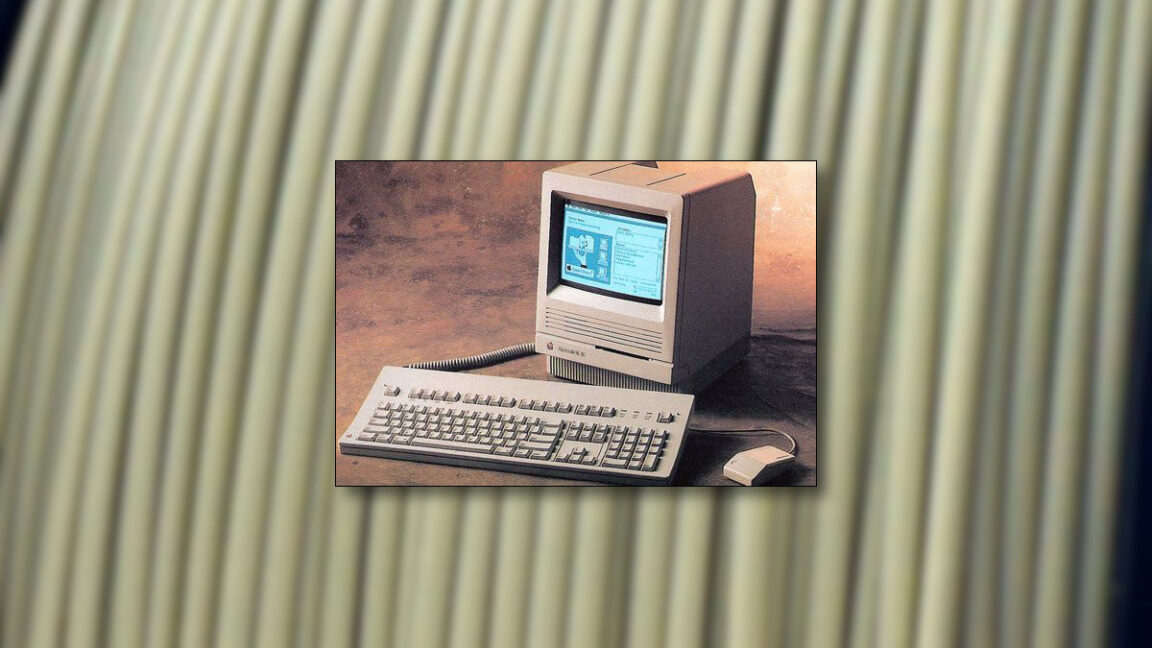

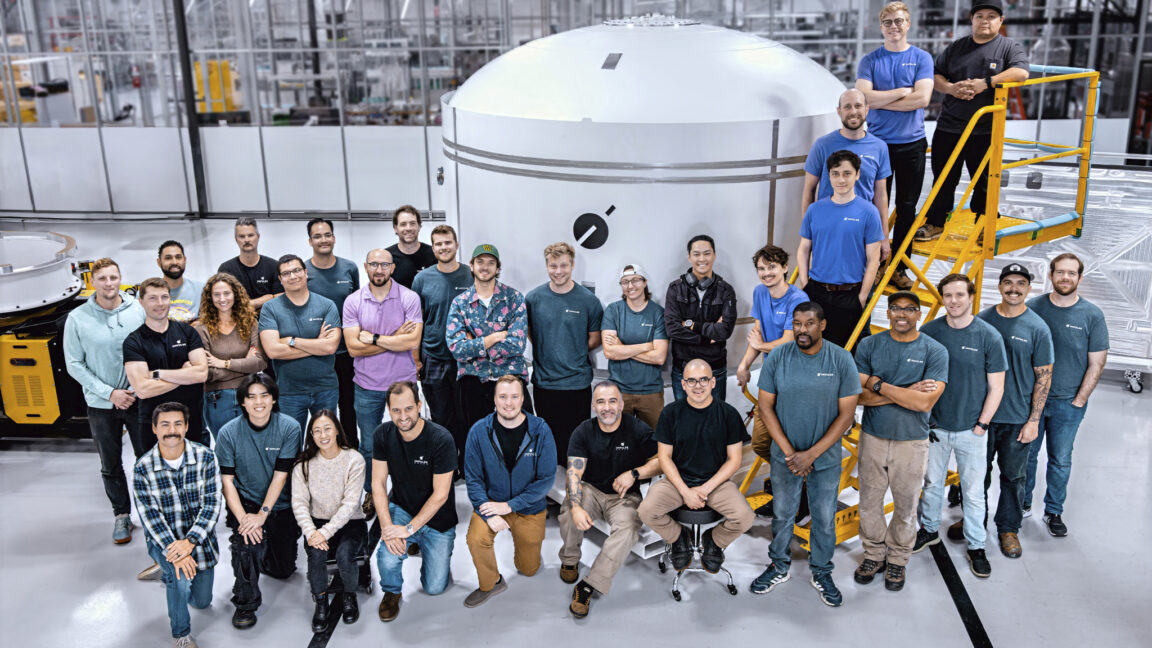








































































































![[The AI Show Episode 151]: Anthropic CEO: AI Will Destroy 50% of Entry-Level Jobs, Veo 3’s Scary Lifelike Videos, Meta Aims to Fully Automate Ads & Perplexity’s Burning Cash](https://www.marketingaiinstitute.com/hubfs/ep%20151%20cover.png)



































































































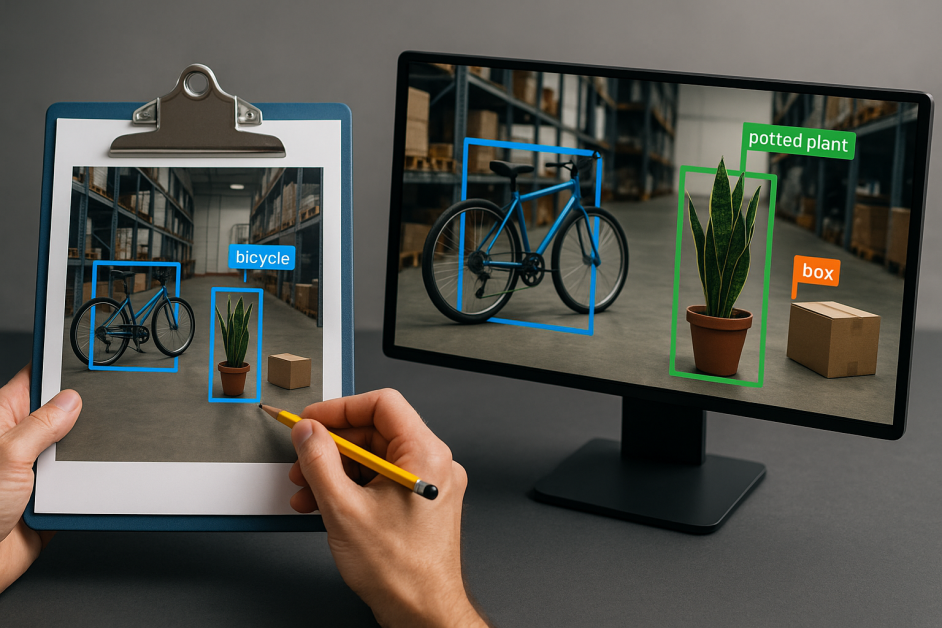








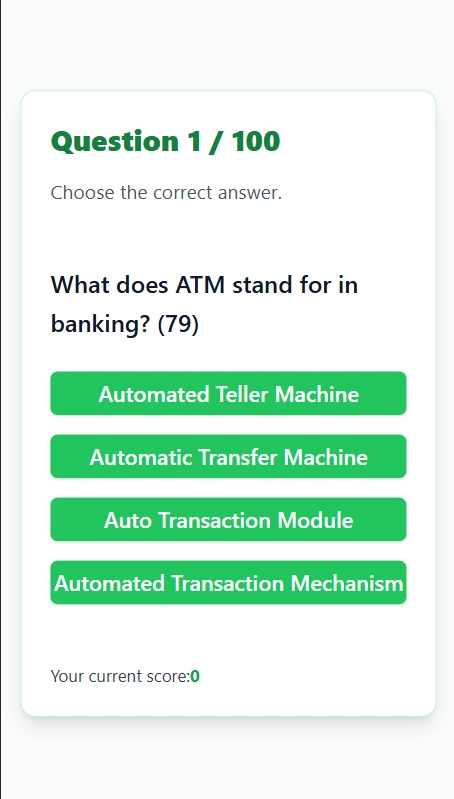












![[DEALS] FileJump 2TB Cloud Storage: Lifetime Subscription (85% off) & Other Deals Up To 98% Off – Offers End Soon!](https://www.javacodegeeks.com/wp-content/uploads/2012/12/jcg-logo.jpg)














































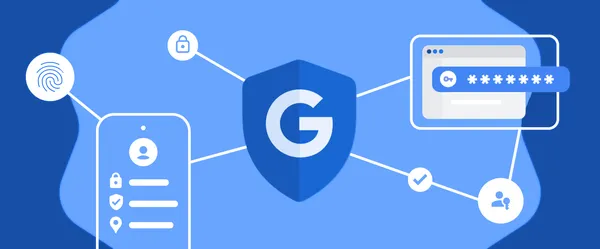
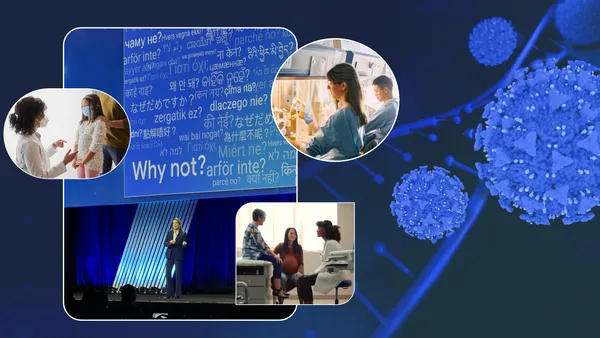








































































.png?width=1920&height=1920&fit=bounds&quality=70&format=jpg&auto=webp#)

















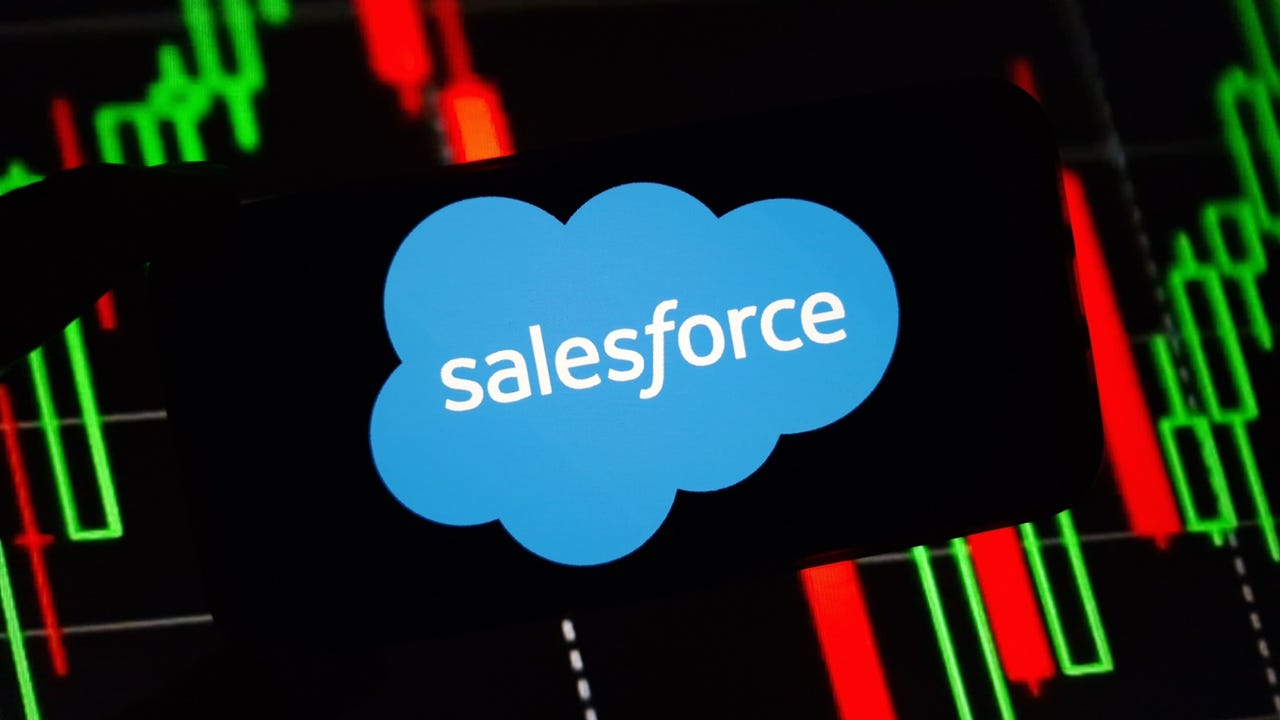


























































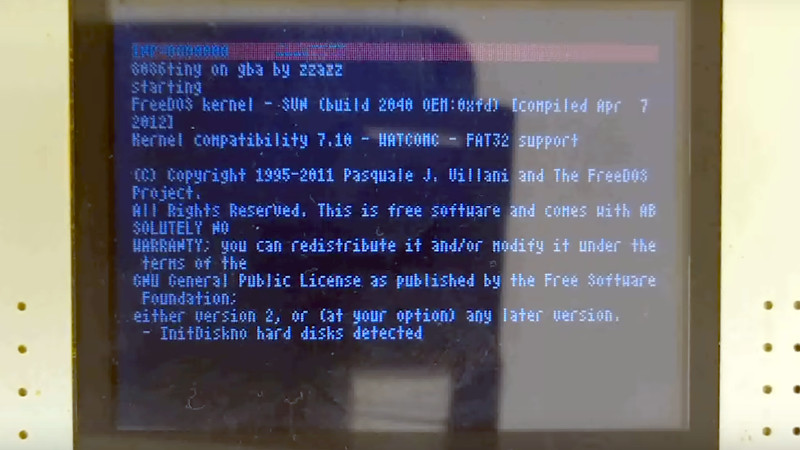
























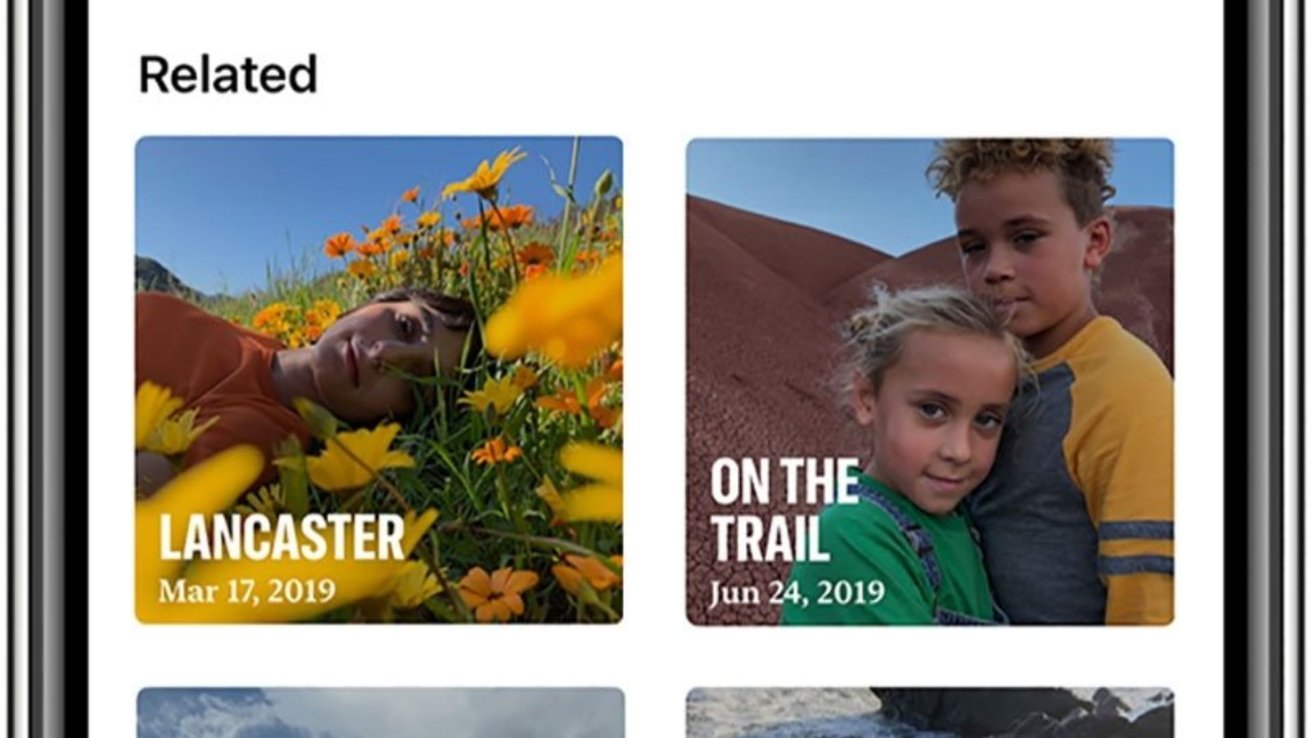
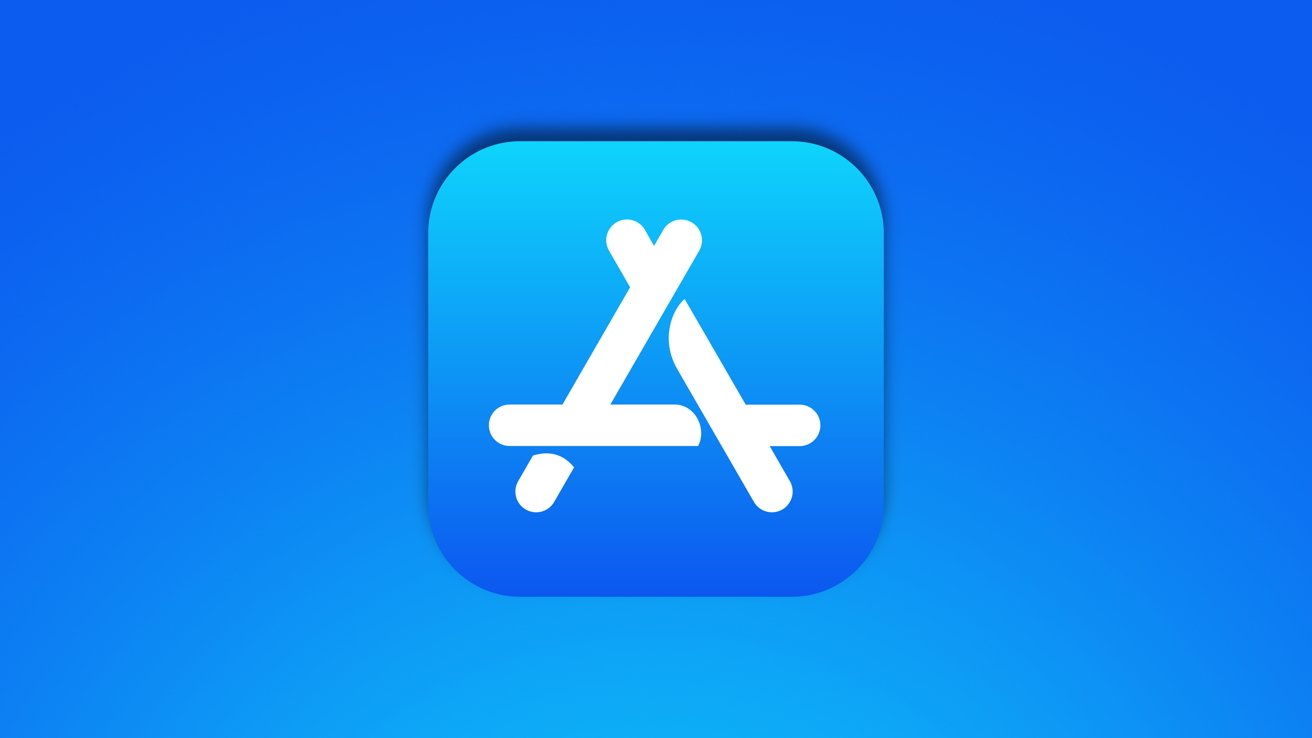




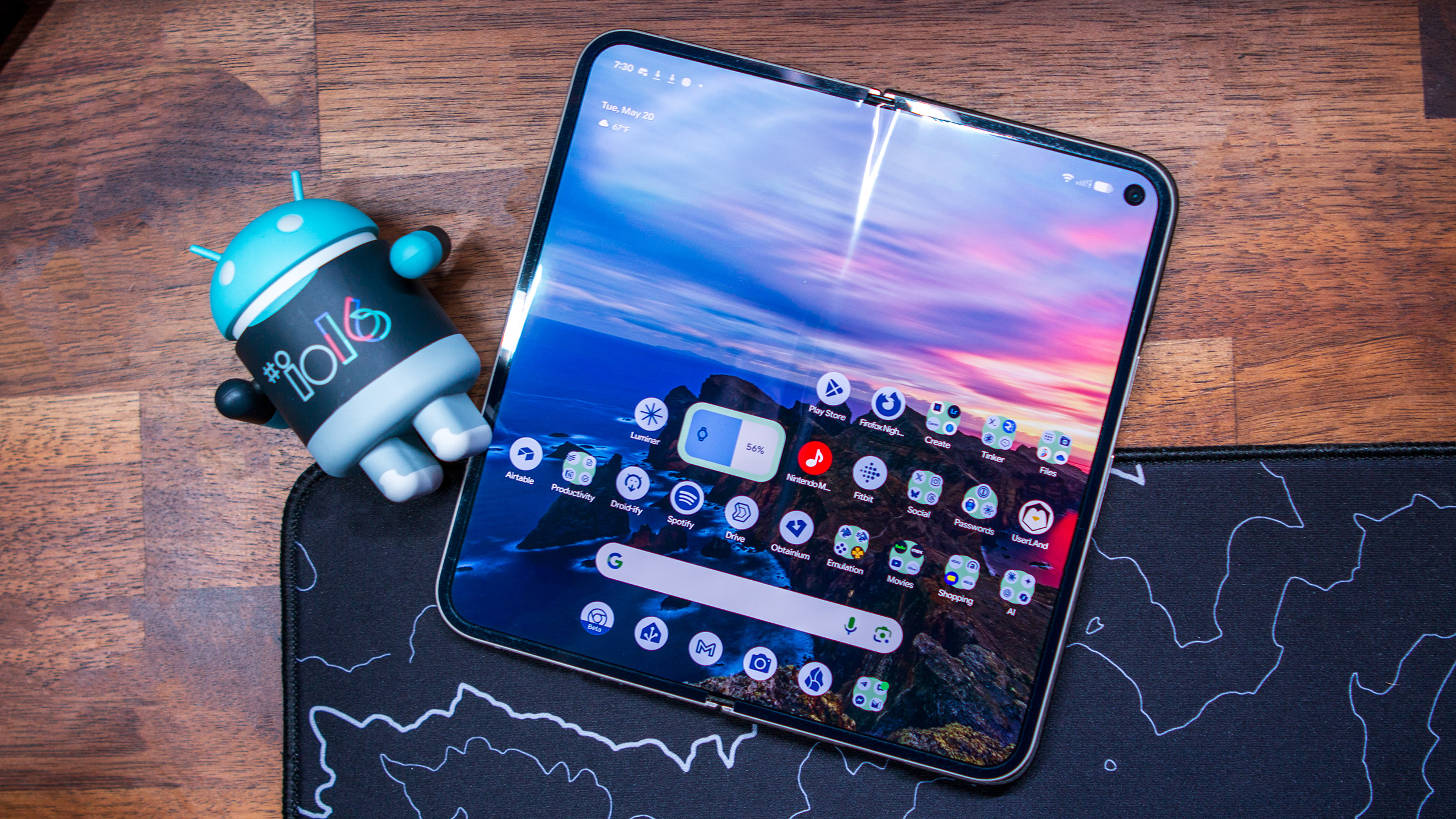




![Epic Games: Apple’s attempt to pause App Store antitrust order fails [U]](https://i0.wp.com/9to5mac.com/wp-content/uploads/sites/6/2025/05/epic-games-app-store.jpg?resize=1200%2C628&quality=82&strip=all&ssl=1)




















![Apple AI Launch in China Delayed Amid Approval Roadblocks and Trade Tensions [Report]](https://www.iclarified.com/images/news/97500/97500/97500-640.jpg)



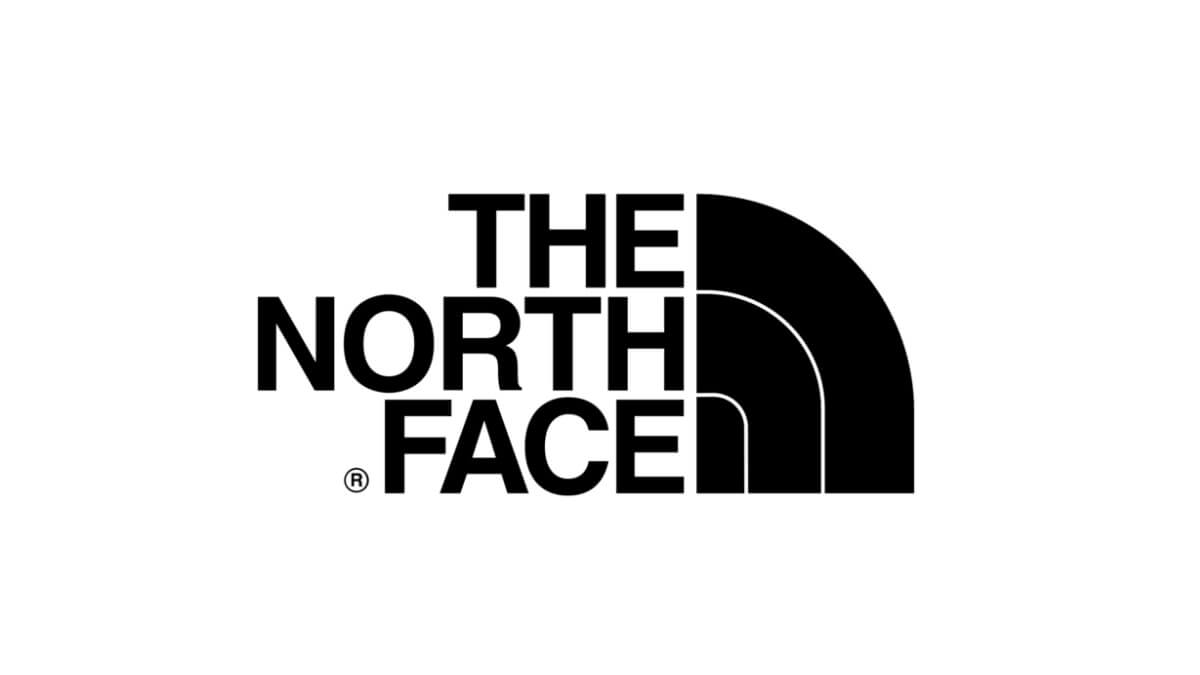
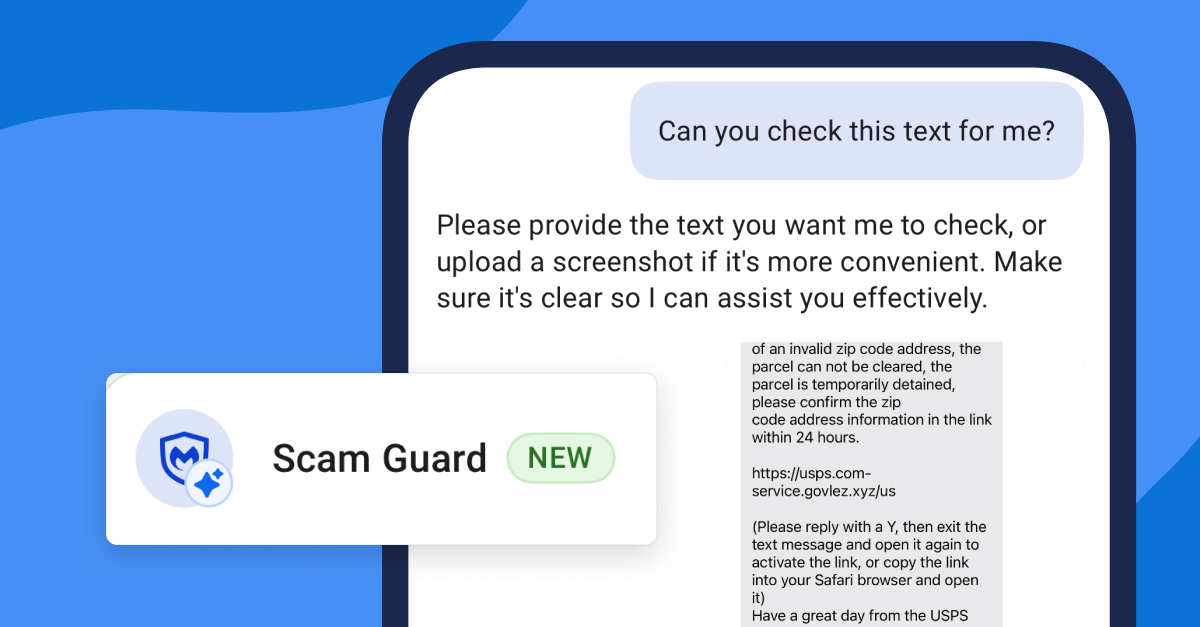




















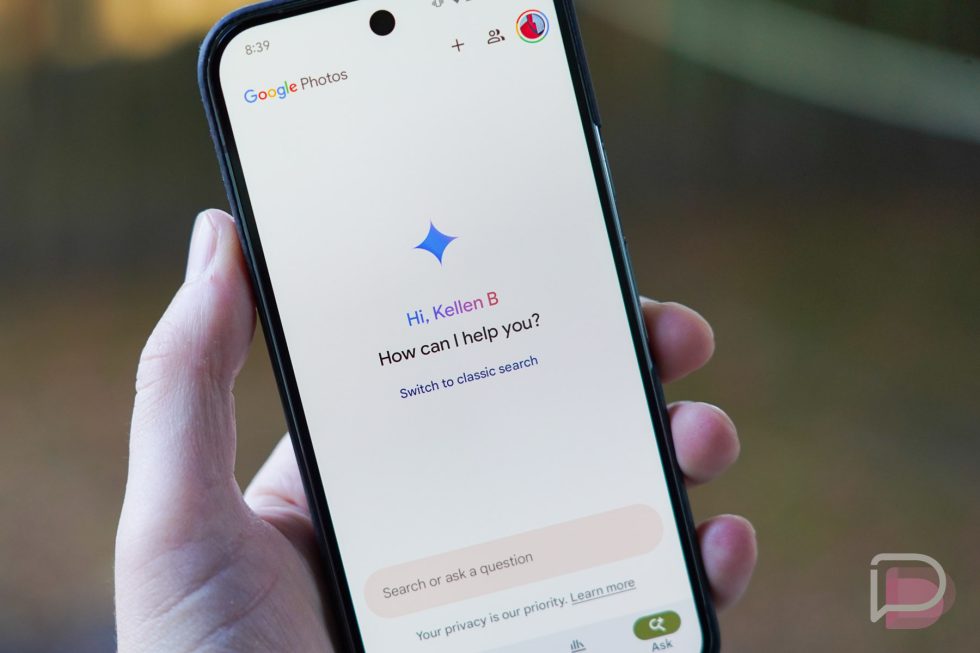




![[UPDATED] New Android Trojan Can Fake Contacts to Scam You — Meet Crocodilus](https://www.androidheadlines.com/wp-content/uploads/2022/12/Android-malware-image-1.jpg)











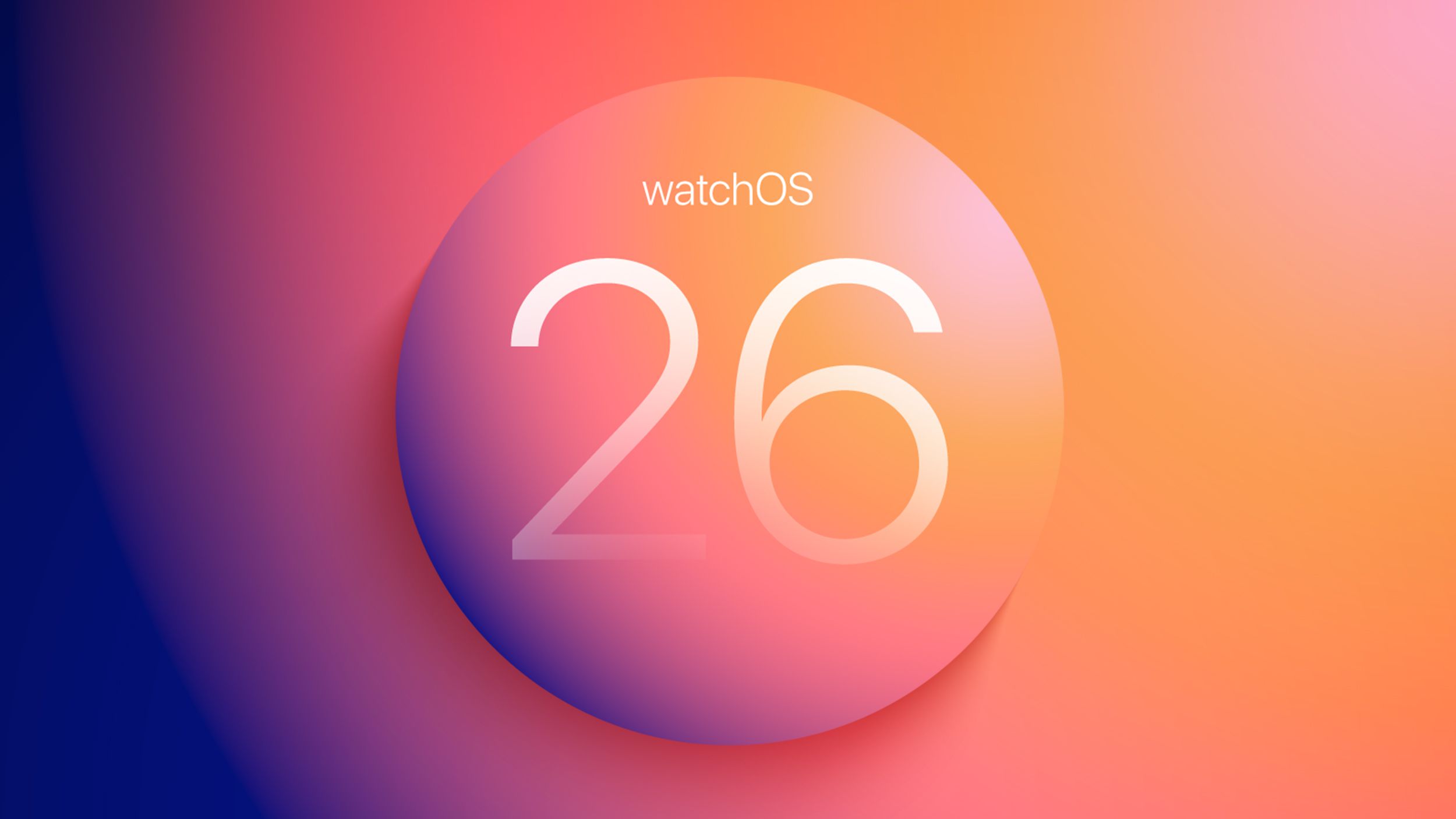






![T-Mobile may be misleading customers into spending more with new switch offer [UPDATED]](https://m-cdn.phonearena.com/images/article/171029-two/T-Mobile-may-be-misleading-customers-into-spending-more-with-new-switch-offer-UPDATED.jpg?#)
















